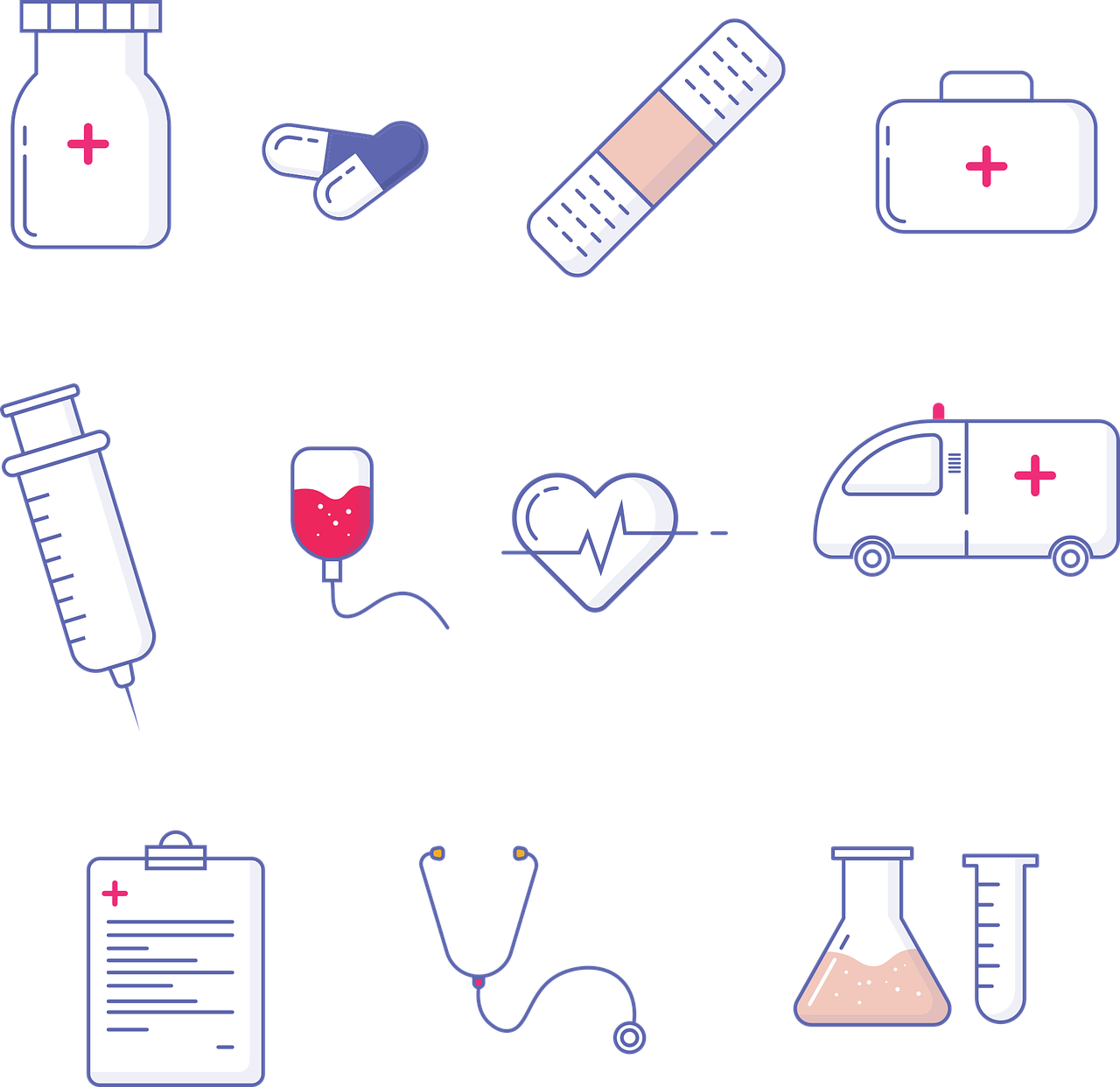
The WHO on Friday provided the name "omicron" to a brand-new variation of the coronavirus that triggers COVID-19. The agency also considered it a" variant of concern."
A brand-new and possibly more transmissible coronavirus variant initially identified by South African scientists has actually prompted a fresh round of travel constraints throughout the world and raised issue about what might be next in the pandemic.
The strain, named Omicron, was designated Friday as a variant of concern by the World Health Organization, which said studies of it are underway as advisers continue to monitor it.
While scientists state there is reason to be concerned over Omicron, they stress there is still a lot we don't understand-- including whether the variation is certainly more infectious, whether it triggers more serious disease or what its impacts on vaccine efficacy might be.
Things that we understand right now and concerns that we should ask ourselves today.

Have we taken the vaccine and received our booster shot? Are we still using our masks? Are we standing at least 6 feet away from people waiting in lines? Are we just as cautious now as we were at any time during the pandemic?
The omicron variant first discovered in South Africa recently is most likely to quickly spread around the world and might result in "extreme consequences," the World Health Organization cautioned Monday.
"There could be future surges of COVID-19, which might have serious effects depending on a number of factors consisting of where surges might take place," the WHO said in a technical quick. "The general global risk associated to the (omicron variation) is examined as really high."
The WHO stated there is presently no info to suggest symptoms associated with omicron vary from those connected with other versions. No deaths linked to the omicron variation have actually been reported, the WHO added.

Why are they naming Covid after Greek alphabet?
When the World Health Organization started to name the emerging versions of the coronavirus, officials relied on the Greek alphabet to make it easier for the general public to understand the evolution: Alpha, Beta, Gamma, Delta and so on.
Why did Covid Skip to Omicron?
From the Coronavirus Briefing and Health Weekly. The WHO stated it had skipped them since Nu was too easily confused with "brand-new," while Xi is a common surname
It stated the system permits variants to be described in a simpler method than by their scientific names, which it helps prevent individuals from describing variants by the location where they were discovered and creating stigma.
The U.S. will require about two weeks to find out more conclusive details about the omicron version's transmissibility and seriousness, Dr. Anthony Fauci said.
The variant currently has actually been identified in nations throughout the world, consisting of France, Canada, Australia and Hong Kong.
Fauci states that he thinks "existing vaccines are likely to offer a degree of defense against serious cases of COVID.
 Add Row
Add Row  Add
Add 




Write A Comment